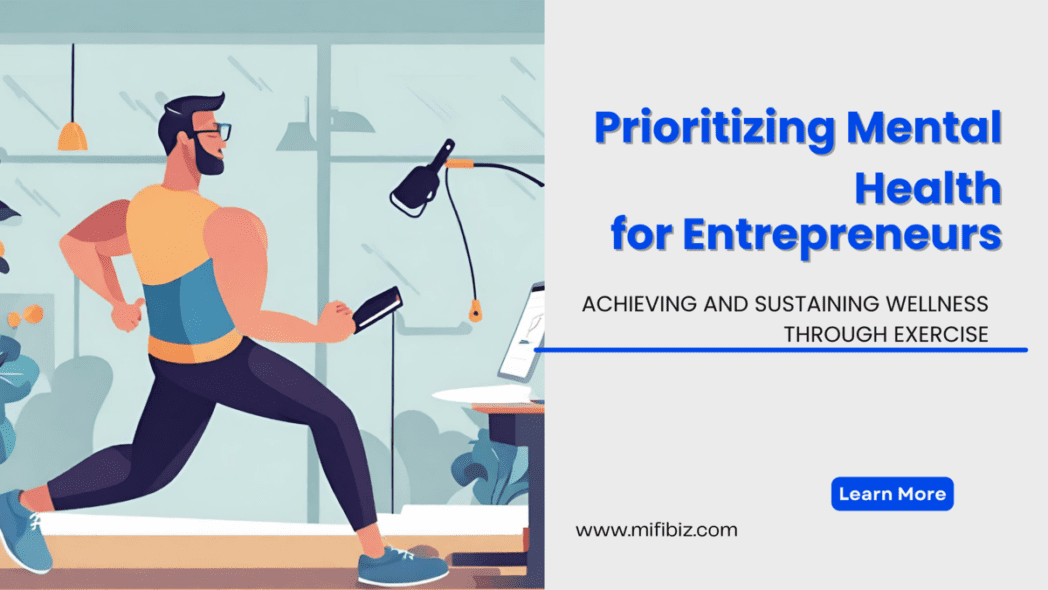When it comes to safeguarding your vehicle in Utah, securing the right car insurance is crucial. Whether you’re a new driver or a seasoned one, understanding how to navigate the world of car insurance quotes can make a significant difference in the protection you receive and the amount you pay. In this comprehensive guide, we’ll look into the nuances of car insurance quotes in Utah, helping you make informed decisions tailored to your needs.
Why Car Insurance is Essential in Utah
Car insurance is not just a legal requirement in Utah; it’s a critical safeguard against financial loss in the event of an accident, theft, or other unforeseen incidents. Utah operates under a “no-fault” system, meaning that after an accident, each driver’s insurance company pays for their own medical expenses, regardless of who was at fault. This system highlights the importance of having adequate insurance coverage, as it ensures that your medical bills and those of your passengers are covered.
Moreover, car insurance can protect you from liability costs if you’re found responsible for an accident. Without proper coverage, you could face hefty out-of-pocket expenses, legal fees, and even the loss of your assets.
Read more: USAA Home Business Insurance Policy
Factors Affecting Car Insurance Quotes in Utah
Several factors influence the car insurance quotes you receive in Utah. Understanding these factors can help you get a clearer picture of what to expect and how to potentially lower your premiums.
1. Driving Record
Your driving history is one of the most significant factors that insurers consider. If you have a clean driving record, you’re likely to receive lower quotes. However, if you have a history of traffic violations, accidents, or DUI convictions, expect your premiums to be higher.
2. Vehicle Type
The make, model, and age of your vehicle also play a crucial role in determining your insurance rates. High-performance vehicles, luxury cars, and newer models often come with higher insurance costs due to their increased repair and replacement expenses. On the other hand, older, safer, and more reliable cars generally attract lower premiums.
3. Location
Where you live in Utah can significantly impact your car insurance quotes. Urban areas with higher traffic density and crime rates tend to have higher premiums compared to rural areas. For instance, living in Salt Lake City might lead to higher insurance costs compared to residing in a smaller town like Logan or St. George.
4. Credit Score
In Utah, as in many other states, your credit score can affect your car insurance rates. Insurers often use credit-based insurance scores to assess your risk level. A higher credit score can lead to lower premiums, while a poor credit score might result in higher quotes.
5. Coverage Options
The type and amount of coverage you choose will directly impact your insurance quotes. In Utah, you’re required to carry minimum liability coverage, which includes bodily injury and property damage liability. However, opting for additional coverage, such as comprehensive, collision, or uninsured/underinsured motorist coverage, will increase your premiums.
6. Deductibles
Your deductible is the amount you pay out-of-pocket before your insurance kicks in after a claim. Choosing a higher deductible can lower your monthly premium, but it also means you’ll pay more if you need to file a claim. Conversely, a lower deductible will increase your premium but reduce your financial burden in the event of an accident.
How to Get the Best Car Insurance Quotes in Utah
Now that you understand the factors that influence your car insurance quotes, here are some practical tips to help you secure the best possible rates in Utah.
1. Shop Around
One of the most effective ways to get the best car insurance quotes is to shop around and compare offers from multiple insurers. Each insurance company uses its own formula to calculate premiums, so the quotes you receive can vary significantly. Use online comparison tools or work with an independent insurance agent to explore different options.
2. Bundle Your Policies
If you have other insurance policies, such as homeowners or renters insurance, consider bundling them with your car insurance. Many insurers offer discounts for customers who purchase multiple policies from them.
3. Take Advantage of Discounts
Insurance companies often provide various discounts that can help lower your premiums. These can include discounts for safe driving, having a good credit score, installing anti-theft devices, or even completing a defensive driving course. Be sure to ask your insurer about any available discounts that you might qualify for.
4. Maintain a Good Credit Score
As mentioned earlier, your credit score can affect your car insurance rates. Maintaining a good credit score by paying your bills on time, reducing debt, and monitoring your credit report can help you secure lower premiums.
5. Review Your Coverage Regularly
Your insurance needs can change over time, so it’s essential to review your coverage periodically. Life events such as getting married, buying a new car, or moving to a different area can impact your insurance needs and premiums. Adjusting your coverage accordingly can help you avoid overpaying for insurance.
6. Consider Usage-Based Insurance
If you’re a low-mileage driver, you might benefit from usage-based insurance programs. These programs use telematics devices to monitor your driving habits, such as mileage, speed, and braking patterns. If you drive safely and infrequently, you could receive significant discounts on your premiums.
Conclusion
Navigating car insurance quotes in Utah doesn’t have to be overwhelming. By understanding the factors that influence your rates and taking proactive steps to secure the best coverage, you can protect yourself and your vehicle without breaking the bank. Remember to shop around, take advantage of discounts, and regularly review your policy to ensure you’re getting the best value for your money.
Whether you’re a first-time car owner or a seasoned driver, the right car insurance policy is essential for peace of mind on the road. By following the tips outlined in this guide, you’ll be well on your way to securing a policy that meets your needs and fits your budget.






